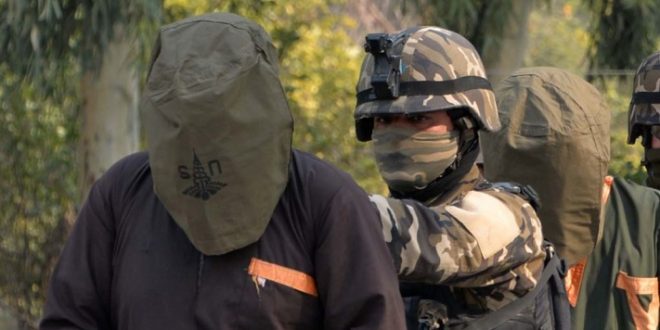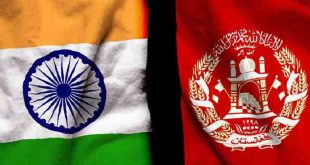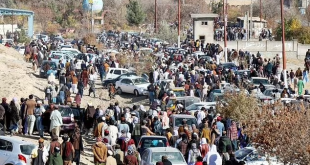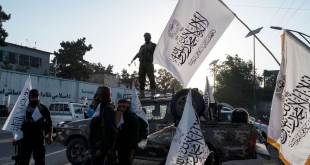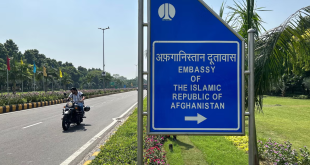No more militants will free form Afghan jails – a key Taliban commander was killed in Kandahar amplifying a clear message that Afghanistan is not home for the militant groups, says NDS head Zia Saraj
AT News
KABUL: The Afghan government has kicked off negotiations with at least 13 countries whose nationals are among the Daesh members who are currently in the custody of the Afghan government, the intelligence agency said. The 408 Daesh members are having foreign citizenships.
Director of the National Directorate of Security, Ahmad Zia Saraj said that of 408 foreign Daesh members held in government’s prisons, 299 are Pakistani nationals. Aslam Farooqi, a senior Daesh commander, who was detained by the Afghan intelligence operatives in 2020, would not be handed over to Pakistan, according to Saraj.
Farooqi would be handed over to Pakistan if Islamabad handed over a number of key Taliban members that the government holds in its list, he added. “We will think about it once Pakistan hands over some Taliban leaders to us who are in their jails.”
NDS Chief said that there are 309 foreign prisoners affiliated to al-Qaeda terrorist network and other groups in the Afghan prisons.
Daesh emerged in the east of Afghanistan about five years ago. President Ashraf Ghani earlier praised the Afghan security forces for eliminating the group’s hideouts and strongholds in eastern Nangarhar province. According to Saraj, many of the Daesh members entered Afghanistan via Turkey, Iran and Pakistan.
The 408 prisoners included 37 Uzbekistani, 13 Tajikistani, 12 Kirghizstani, five Russians, 16 Chinese, five Jordan, four Iranian, three Turkish, five Indonesian, two Bangladeshis, four Indians and two Maldives nationals.
The government will not release any more of the Taliban prisoners, Saraj said, adding that the security forces this week killed a key Taliban leader, Mawlavi Ahmad Kandahari in the southern Kandahar province. He also spoke of the Taliban’s intention to relocate their leadership from Pakistan to somewhere in Kandahar.
“The Taliban wanted to relocate its intelligence committee, information and culture committee and its prisoners’ committee inside Afghanistan, but the killing of Mawlavi Ahmad was a message for them that Afghanistan was still not a home for them,” he added.
 Afghanistan Times
Afghanistan Times
